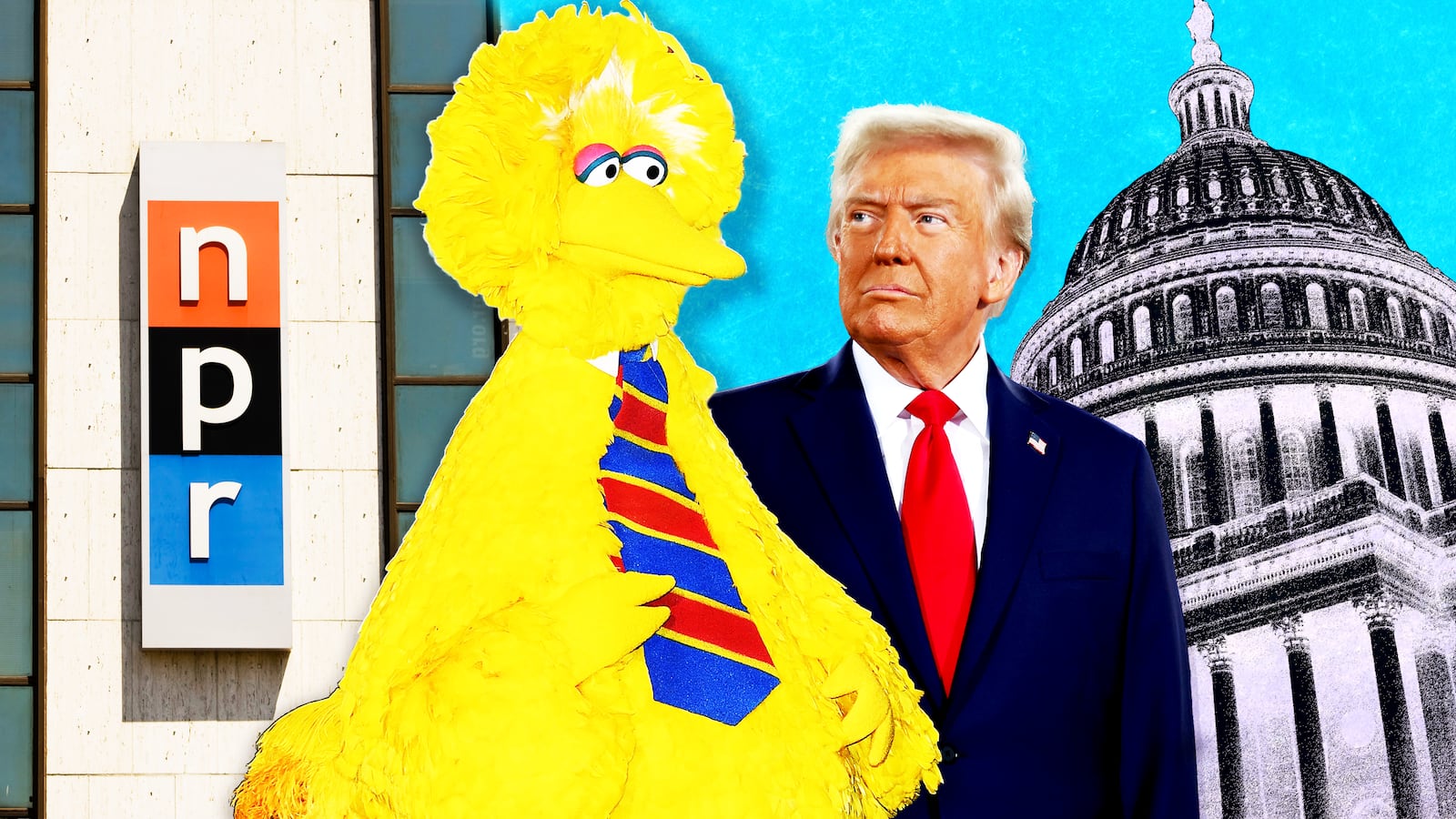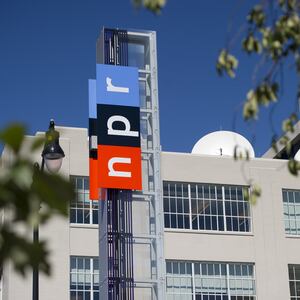President Donald Trump has demanded that Congress ‘IMMEDIATELY’ defund National Public Radio and the Public Broadcasting Service, in a late-night social media rant against the “horrible and completely biased” public service broadcasters.
“Republicans, don’t miss this opportunity to rid our Country of this giant SCAM, both being arms of the Radical Left Democrat Party,” he wrote in a post on Truth Social.
NPR and PBS have long faced Republican claims of political bias, and Trump has repeatedly called for them to be defunded. In fact, every Republican administration except Gerald Ford’s has tried to cut funding, according to PBS News Hour.
Last year, a senior business editor at NPR wrote an essay accusing the broadcaster of lacking “viewpoint diversity,” a claim the newsroom’s top leadership denied. According to a 2024 poll by YouGov, PBS was Americans’ third-most trusted news source after The Weather Channel and the BBC.
On Wednesday, Rep. Marjorie Taylor Greene (R-GA)’s DOGE Subcommittee held a special congressional hearing to interrogate public broadcasting executives on MAGA’s claims of bias.
During the time allotted to her to question NPR CEO Kate Maher, Rep. Jasmine Crockett (D-TX) ripped into the hearing itself, saying free speech is not just whatever MAGA “wants somebody to say.”

“The idea that you want to shut down everybody that is not Fox News is bulls--t. We need to stop playing because that’s what y’all are doing in here. You don’t want to hear the opinions of anybody else,” she told Greene.
During the hearing, the Republican lawmaker attacked PBS CEO Paula Kerger over an online video featuring the drag queen Lil Miss Hot Mess reading her children’s book The Hips on the Drag Queen Go Swish, Swish, Swish. Greene called the author and activist a “child predator” and a “monster.”
Lil Miss Hot Mess, the stage name for performer Harris Kornstein, hit back in a statement accusing Greene of “political bullying.”
“While she claims to promote liberty, in reality, she just wants to tell us all what to think and do,” the performer told the Daily Beast. “That’s not freedom, that’s fascism.”
In 1967, President Lyndon Johnson signed the Public Broadcasting Act creating the Corporation for Public Broadcasting, a bipartisan nonprofit that distributes federal funding to a decentralized network of local affiliate stations.
It quickly featured groundbreaking educational, arts, and culture shows including Sesame Street, Mister Rogers’ Neighborhood, The French Chef with Julia Child, and Masterpiece Theater.

But the Public Broadcasting Act didn’t create any permanent funding mechanism, leading to the types of perennial battles that have played out on Trump’s social media.
The average public radio station gets about 8 percent of its funding from the federal government, while the average television stations get about 17 percent, according to PBS News Hour. The federal funding costs Americans $1.50 per year on average, according to PBS.
The BBC, by comparison, costs Brits about $70 per person per year via a household license fee.
Only 24 percent of Americans support cutting funding, and even among Republicans it’s a minority at 44 percent, Pew Research Center reported this week.
But during a flurry of late-night posts, Trump repeated his calls to “JUST SAY NO” to funding public broadcasters.
His posts did not, however, answer the other burning question raised this week: Why wasn’t the president included in that unsecured Signal group chat discussing whether or not to bomb Yemen?






